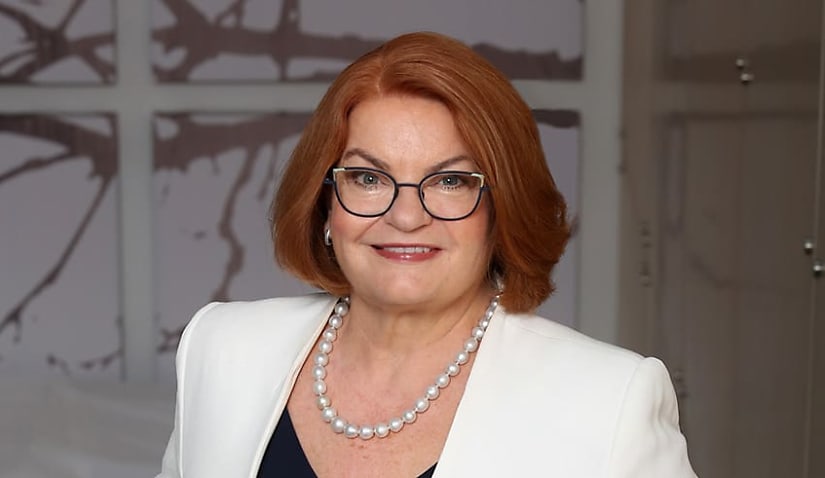There is no excuse for sexual harassment within the legal profession. We must get our house in order, writes Law Council president Juliana Warner.

The legal profession in Australia has much to be proud of – from its tireless support of the community through pro bono assistance and legal aid services, through to practitioners stepping up to help in times of natural disaster, and its advocacy to improve our laws and ensure justice for all.
But when it comes to personal wellbeing, we still have quite a bit to overcome. Issues such as promoting work/life balance and pay parity remain, but one of our greatest challenges is our track record in protecting all members of our profession from sexual harassment.
In 2019, the International Bar Association released its internationally groundbreaking Us Too report on bullying and sexual harassment in the legal profession. The foreword to the report was penned by former Australian prime minister Julia Gillard.
Based on survey responses, nearly 30 per cent of lawyers in Australia have experienced sexual harassment. This was higher than in other responding nations. This was not a surprise for the Law Council of Australia, which had conducted its own national survey in 2013 into the progression, attrition, and re-engagement rates of female lawyers. One in four women responding to this survey reported experiencing sexual harassment in their workplace.
What was encouraging from the Us Too report, though, was the response rate by Australian lawyers and firms. While only a relatively small country, Australia had by far the highest response rate, which shows the profession is proactively shining a light into any dark corners it may have.
A theme that emerged throughout the Us Too report is the notion of a “perception paradox”, whereby jurisdictions typically viewed as “progressive” in addressing issues of bullying and sexual harassment have higher reported rates of such conduct than elsewhere. Regardless, even just one incident of sexual harassment, one moment where a member of our profession feels vulnerable, or a single act of disrespect for another person’s sexual autonomy is one too many.
Sexual harassment is unacceptable in the legal profession, and it must be eliminated. Given what we know, the Law Council and its constituent bodies have undertaken significant work to stamp out sexual harassment in the legal profession over the last decade. This work includes the Law Council’s 2020 National Action Plan to Reduce Sexual Harassment in the Australian Legal Profession. It also includes the establishment of The Time for Change: Addressing Sexual Harassment portal, which provides access to resources and measures to address sexual harassment within the profession.
Late last year, the Law Council released a Public Leadership Statement on Sexual Harassment and Discrimination, which was endorsed by its constituent bodies. This noted that the legal profession prides itself on upholding the principles of justice, integrity, equity, and the pursuit of excellence in service to the public and that sexual harassment, in all its forms, offends these very foundations of the profession.
In signing this statement, the directors of the Law Council committed themselves to pursuing the elimination of sexual harassment and discrimination by facilitating positive cultural change across the Australian legal profession and ensuring effective responses for those impacted by these behaviours.
This month, the Law Council has launched its revised National Model Framework: Addressing Sexual Harassment for the Australian Legal Profession.
The framework is designed as a guide to assist the legal profession to proactively prevent and respond to sexual harassment. It was released four years ago and is revised considering significant changes in the law addressing workplace sexual harassment and new obligations imposed on employers, partnerships, and individuals.
Workplaces can adopt the model framework as their own sexual harassment policy or use it to develop, augment, or refine their existing procedures.
The Law Council, along with its constituent bodies in every jurisdiction, will make every effort to share this framework across the profession.
There is no excuse for sexual harassment within the legal profession. We must get our house in order. Change will not happen overnight, but it will only happen when leaders within the profession speak out and speak up.
Juliana Warner is the president of the Law Council of Australia.
Lawyers Weekly will host the Partner Summit on Thursday, 12 June 2025, at The Star, Sydney, at which speakers will address the range of opportunities and challenges for partners and partner equivalents, provide tips on how they can better approach their practice and team management, and propel their businesses towards success. Click here to book your tickets – don’t miss out! For more information, including agenda and speakers, click here.